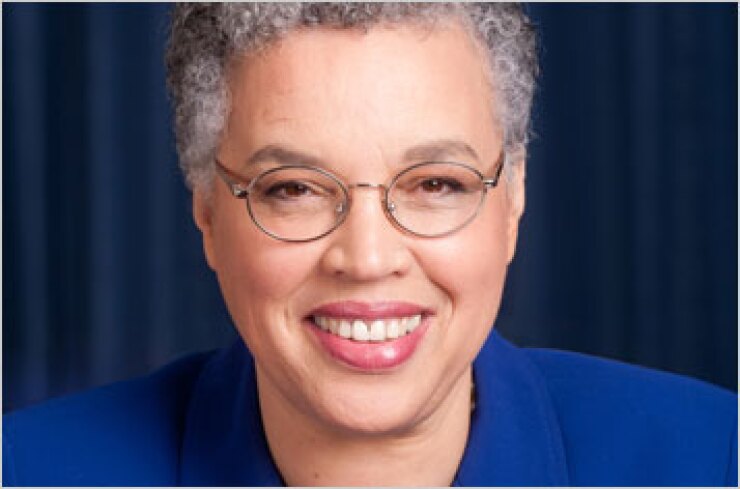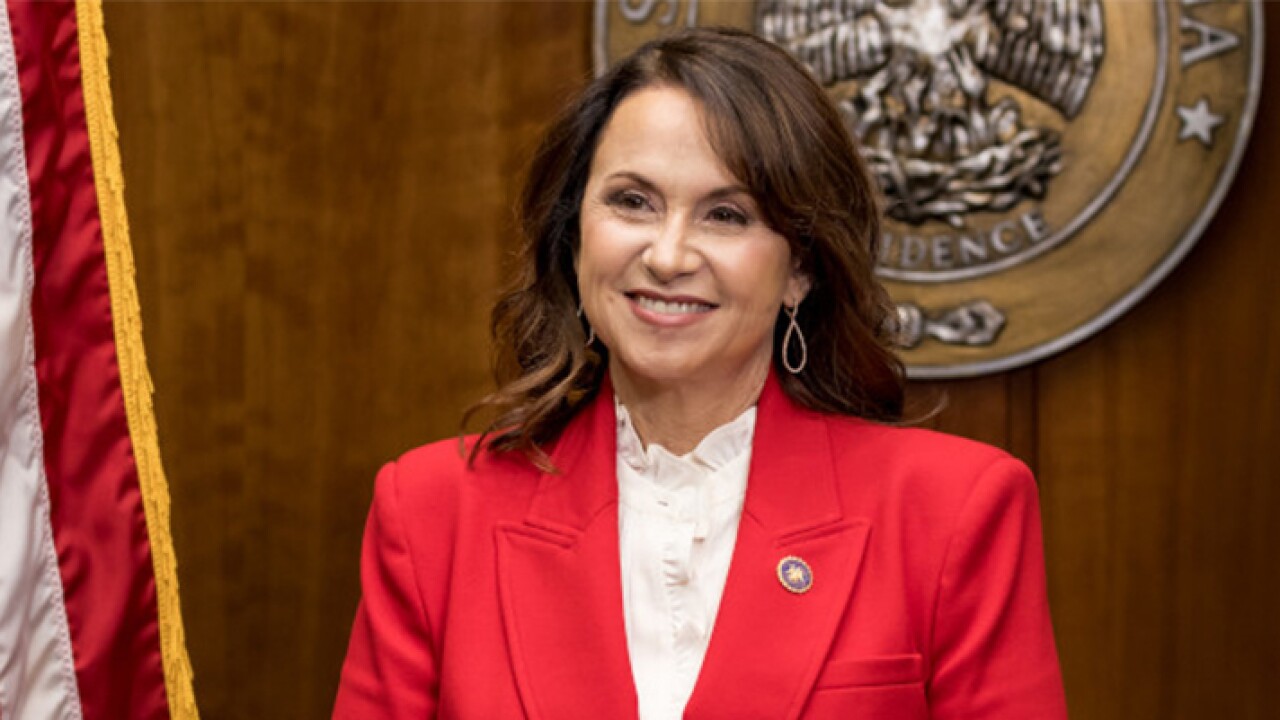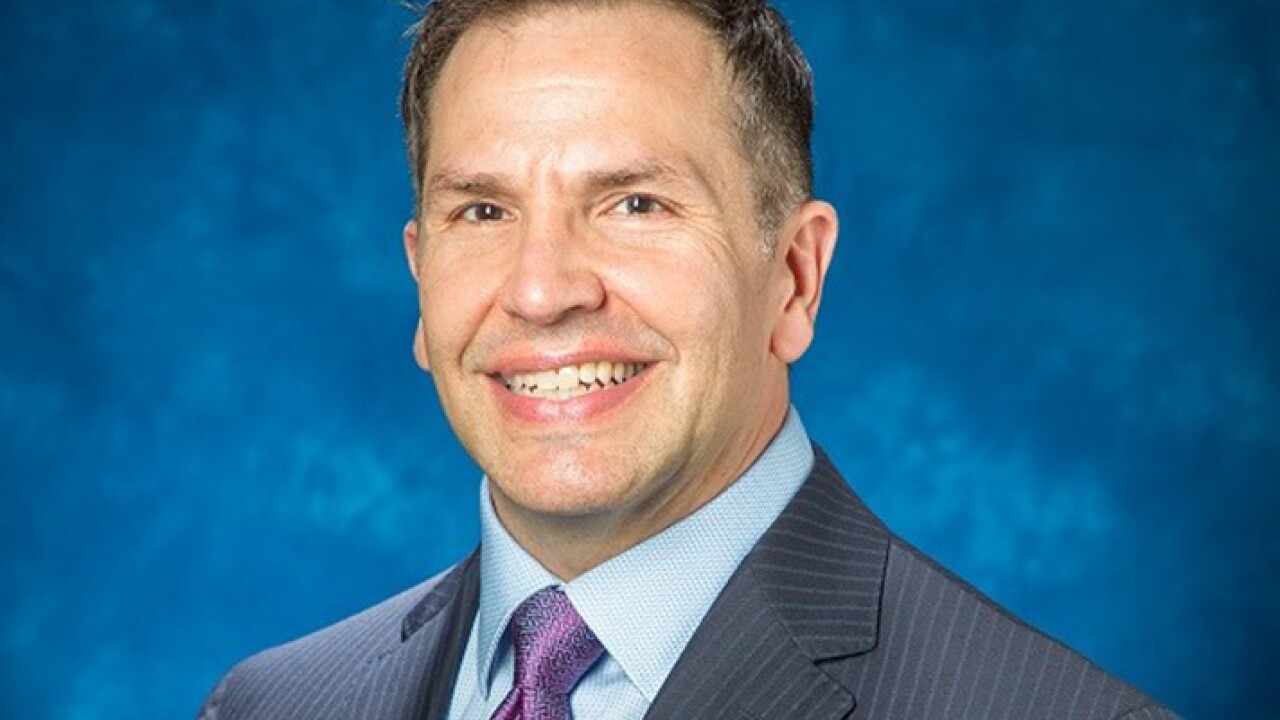
CHICAGO – Cook County, Ill., Board President Toni Preckwinkle cast the deciding vote on a sweetened beverage tax promoted as the best means to avert deep public safety and health spending cuts to close a budget gap.
Preckwinkle was forced to break an 8-8 tie among county commissioners, who were divided over the tax and its impact on businesses and consumers. The vote sets the stage for board consideration Tuesday of the 2017 budget.
"This sweetened beverage tax provides important revenue that will allow us to avoid damaging cuts in the funding for public health and public safety," Preckwinkle said in a statement after the vote Thursday. "It also puts us on a stable financial footing for the next three fiscal years, during which we will not have to approve any additional tax increases, and allow[s] us to double our investment in community-based anti-violence initiatives."
Preckwinkle also promoted the tax as a means to curtail the consumption of beverages that contribute to health problems for some.
"This tax can play a positive role in important health issues that impact many of our residents – such as obesity, diabetes and heart disease – and lessen the financial burden on our Health and Hospitals System," Preckwinkle said.
Former New York City Mayor Michael Bloomberg donated $1 million toward an advertisement campaign to drum up support. "This a major victory for American public health – and a very encouraging sign of things to come. An idea that was written off not many years ago has now turned into a movement," he said in a statement.
The Chicagoland Chamber of Commerce slammed passage of the tax as detrimental to business, a concern expressed by commissioners who voted against the plan, saying that more residents who live near adjacent counties will cross the border to make purchases while inner city residents would be forced to pay more.
The board also voted to limit any sales tax or property tax hikes over the rate of inflation for three years.
The tax covers carbonated soft drinks, fruit beverages that are not 100% fruit juice, sports drinks, and energy drinks. The tax would take effect July 1, midway into the budget year. It's expected to generate $74 million in revenue for 2017 and twice that in subsequent years.
In addition to the new revenue, Preckwinkle's proposed $4.4 billion operating budget relies on spending cuts to close a $174 million gap. She blamed the deficit on state funding delays due to the ongoing budget impasse, weak revenue growth, increasing debt service costs, and increased technology spending needed to update outdated systems.
Cook is Illinois' largest county and covers Chicago and neighboring suburbs.
The budget allocates $111 million for its hospital and healthcare system. That's down $10 million from the previous budget and $280 million from before Preckwinkle took office in 2010, in large part due to the Affordable Care Act, known as Obamacare. The county launched an insurance plan for Medicaid recipients that has resulted in more federal reimbursements. The system now serves more insured than uninsured patients. A repeal of the federal policies by the incoming Trump administration could hurt the county's gains.
Total fiscal 2017 general fund expenditures are expected to rise, driven primarily by the county's plan earmarking higher sales tax collections to help stabilize its pension system. The county is tapping a 1% sales tax hike to cover supplemental payments to its pension fund to bring the system to a 90% funded ratio in 2046. The county's system currently carries $5.9 billion of unfunded contributions are just 60% funded.
Cook refunded $285 million of debt earlier this year and is planning a new-money issue. The county's GOs are rated A2 by Moody's Investors Service, AA-minus by S&P Global Services, and A-plus by Fitch Ratings. Ahead of the refunding, Moody's and Fitch revised the county's outlook to stable from negative while S&P downgraded it one notch. S&P assigns a stable outlook.





